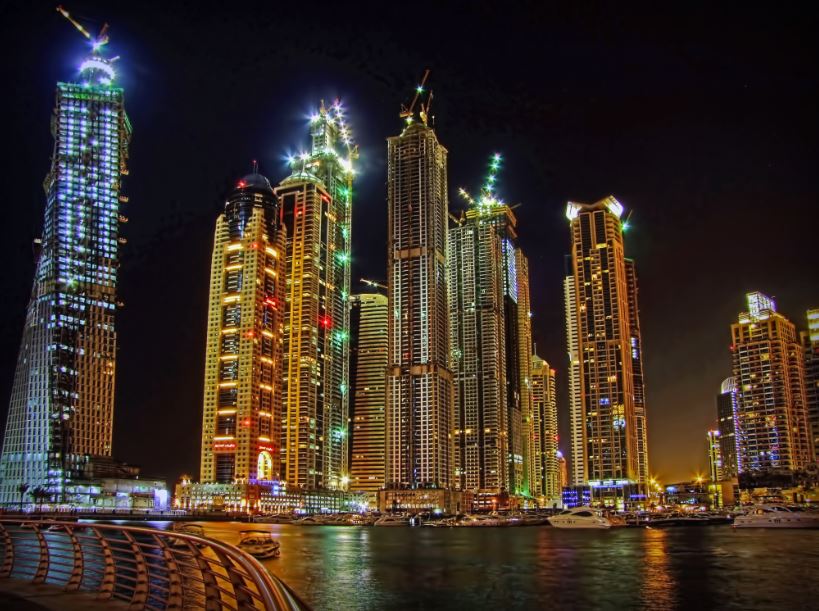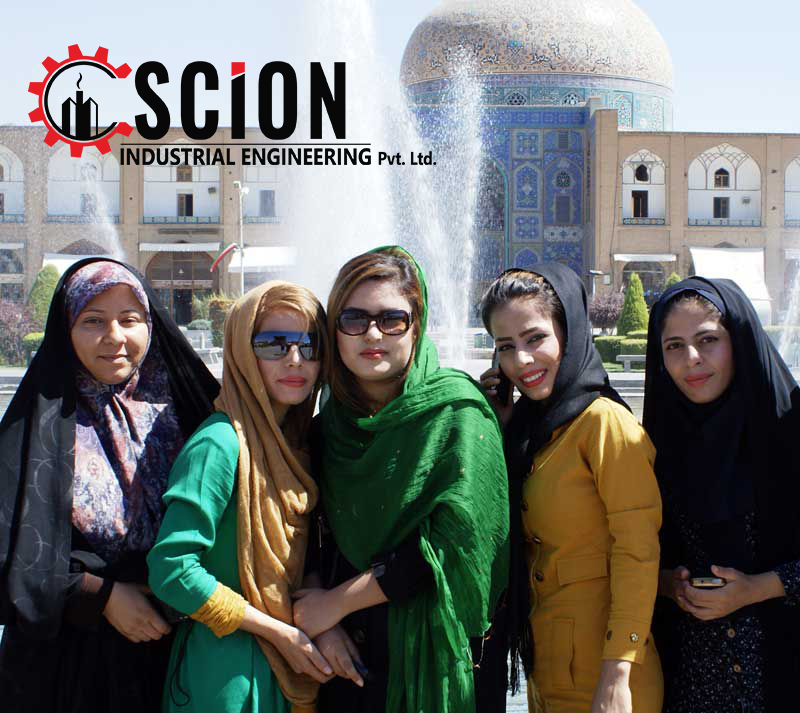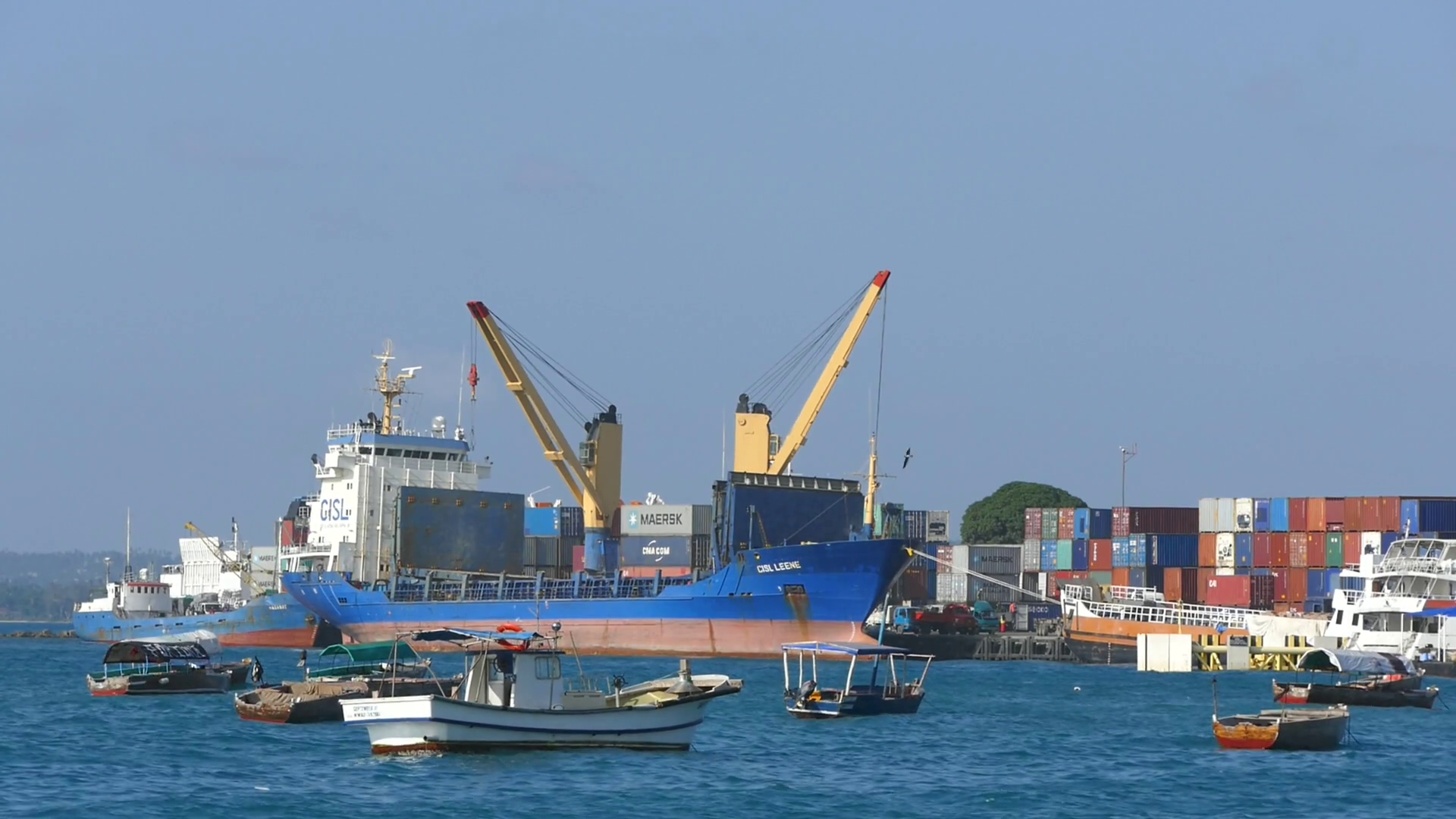Although Kuwait’s economy is dominated by hydrocarbons, it is non-oil activity, alongside the rebound in crude prices experienced since January 2016, that is driving growth forecasts. National Bank of Kuwait estimated overall real GDP growth of 3.6% in 2016, and forecast growth of 1.7% in 2017 and 2.7% in 2018, while in the non-oil sector it anticipated growth of 3.5-4% in 2017 and 2018, driven by strong investment. The IMF bases its calculations on the calendar year, rather than the fiscal year, and estimated non-oil GDP grew by 5%, 3.5% and 3.2% in 2014, 2015 and 2016, respectively, and predicts non-oil growth of 3.5% in both 2017 and 2018, expanding to 4% in 2021.
Sector Data
The most recent public data for Kuwait’s non-oil economy is for 2015, which showed the dominant sectors were: community, social and personal services; real estate; financial intermediation; and transport and communications, accounting for 35%, 14%, 14% and 10% of non-oil GDP, respectively. All four sectors grew by 1-4% in 2015. Manufacturing, including refining, was worth 9% of non-oil GDP and had shrunk by 10%. Expanding sectors included hotels and restaurants, and utilities, up 12% each, wholesale and retail, up 6% and construction up 5%.
After several years of limited progress on government mega-projects from 2010 to 2013, there was a noticeable shift in the pace of development in 2014 and 2015. In 2014 more than KD7.5bn ($24.8bn) in projects were awarded, but the real bumper year came in 2015 when KD12bn ($39.7bn) worth of development contracts were signed across a range of sectors. In 2016 the pace dipped a little with KD5.6bn ($18.5bn) worth of awards. In February 2015 Kuwait’s National Assembly signed off on KD34bn ($112.5bn) in development projects for the five-year period between FY 2015/16 and FY 2019/20. Of the 521 projects, 421 had originally been part of the previous development plan, with 92 new schemes also approved. By early 2017 a significant number of new contracts had been awarded, but many others had been deferred, leaving the potential for a significant uptick in project activity.
Downstream
Against a backdrop of lower global oil prices, a significant proportion of the government contracts awarded in Kuwait in the three years from 2014 to 2016 were in the energy sector. Developments in the industry are driven by the desire to expand downstream refining capacity. Kuwait National Petroleum Company (KNPC), the downstream arm of state-owned Kuwait Petroleum Corporation (KPC), has billions of dinars worth of projects under construction. In 2015 KNPC awarded KD3.48bn ($11.5bn) in contracts for the country’s fourth refinery, Al Zour, which will have a capacity of 700,000-800,000 barrels per day (bpd), up from the 615,000 bpd originally planned, according to local press reports. One of the contracts, worth KD1.28bn ($4.2bn), was to develop the refinery’s industrial unit and was won by a consortium made up of Spain’s Tecnicas Reunidas, Hanwah Engineering and Construction Corporation of South Korea and China’s Sinopec. It was expected to take 45 months to complete.
In addition, two contracts worth KD1.75bn ($5.8bn) for infrastructure and support were awarded to Daewoo Engineering and Construction and Hyundai Industries Co, while a third package worth KD454m ($1.5bn) was given to a consortium including Saipem SpA and Hyundai Engineering. In March 2016 Hyundai also won the KD1.1bn ($3.6bn) contract to build the new liquefied natural gas (LNG) import and regasification terminal in the Al Zour area. Hyundai Engineering and Construction will build eight LNG storage tanks, while Hyundai Engineering will build the regasification terminal. Korea Gas Corporation will be responsible for commissioning and operational training for the clients. The project is expected to take 58 months and be complete by 2020. KNPC is also spending billions on its existing refineries, expanding Mina Abdullah and Mina Al Ahmadi and subsequently decommissioning Shuaiba. This mega-project is subdivided into a number of packages, with packages 1 and 2 for the Mina Abdullah refinery, as well as the deal for Mina Al Ahmadi refinery, awarded in 2014. In the final quarter of 2016 KD147m ($486.3m) in pipeline contracts were awarded for the new refinery at Al Zour. Kuwaiti firm Combined Group won the KD84m ($277.9m) contract for the oil pipeline, and the KD53m ($175.3m) contract for the gas pipeline also went to a local firm, Arabi Enertech. In early 2017 construction firms were waiting for the KD2.12bn ($7bn) contract to build an integrated olefins III plant for Petrochemical Industries Company, a KPC subsidiary. The plant would have the capacity to produce a 1m tonnes of polyethylene and 500,000 tonnes of polypropylene per year.
Culture
Kuwait is also making what has been described as the world’s biggest new cultural investment: a district devoted to the arts, museums and heritage. In October 2016 the Sheikh Jaber Al Ahmad Cultural Centre opened in Kuwait City. The $775m landmark facility includes a 2000-seat theatre, a music centre, libraries and a conference centre.
Adjacent to the centre, a new museum district is also being built over 13 ha. The Sheikh Abdullah Al Salem Cultural Centre will have museums devoted to science, natural history, space and Islamic history and is due to open in 2018. In June 2016 the Amiri Diwan announced that Bayan National Trading Company had been awarded a KD49m ($162.1m) contract to design and build Kuwait’s Motor Town, which is to include seven racing circuits on par with international standards, enabling Kuwait to host Formula One and MotoGP races.
Health Care
The Amiri Diwan has also led the development of new flagship medical facilities. The new Al Jahra Hospital, with 1171 beds and 20 operating theatres, is being built at a cost of KD390m ($1.3bn). Also, 40 km away, the 1168-bed Jaber Al Ahmad Al Jaber Al Sabah Hospital is being built concurrently. The KD304m ($1bn) project is planned for the Ministry of Health. In 2017 Italian firm Pizzarotti began work on t a new 600-bed maternity hospital at a cost of KD250m ($827.1m).
Airport Expansion
The need to expand Kuwait’s international airport is pressing, and the Amiri Diwan has taken control of the contract to build a passenger support terminal (PST). The contract was awarded in November 2016 so that 4.5m passengers annually can use the airport while the PST is being built. The KD52m ($172m) contract stipulates that the work must be completed in 450 days. In 2015 Turkish company Limak Holding was awarded the KD1.3bn ($4.3bn) contract to build the main terminal building at the Kuwait International Airport, tripling capacity by 2022.
Roadworks
A number of major road and bridge-building projects are also taking place in Kuwait, the most significant of which is the Sheikh Jaber Al Ahmad Al Sabah Causeway (SJSC), which spans Kuwait Bay from Kuwait City to the Subiyah area, where the Silk City development is to be built. In 2014 a KD147m ($486.3m) contract was awarded for the Doha link to the SJSC, which will cross Sulaibikhat Bay between Shuwaikh Port in Kuwait City and the Doha peninsula. New roads are also being built connecting the Saudi border to the sixth ring road (see Transport chapter).
Housing
The housing sector in Kuwait has also seen renewed impetus. In 2016 the Public Authority for Housing Welfare signed a KD288m ($952.7m) contract for an infrastructure works package for South Mutlaa City, which will be completed as a joint venture between Italy’s Salini and Turkey’s Kolin. When completed, the site will include 30,000 residential units. The Kuwait Projects Company also awarded its KD723m ($2.4bn) Hessah Al Mubarak mixed-use project to the Ahmadiah Contracting Trading Company in 2016. Then, in 2017 a contract was signed with korea Land and Housing Corporation to build South Saad Al Abdullah New City, a smart city, with construction set to get under way in 2019.
Power & Water
A significant milestone was reached in November 2016 when phase one of Kuwait’s KD2.4bn ($7.9bn) Al Zour North Independent Water and Power Plant was completed on time and on budget. This was the first construction project delivered by public-private partnership in the country and looks set to be replicated in the near future with similar schemes to be tendered, such as Al Zour North Two and Al Khiran (see analysis).
Source:https://oxfordbusinessgroup.com/analysis/branching-out-non-oil-sectors-see-flurry-new-activity








